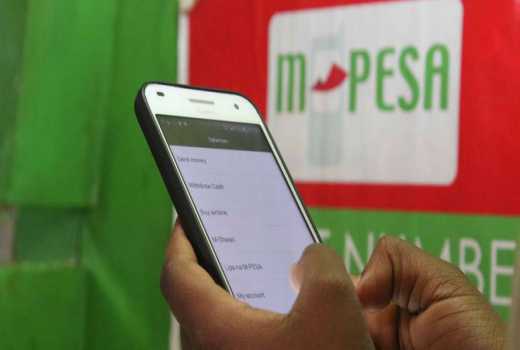×
The Standard e-Paper
Home To Bold Columnists

Tech giant Google’s decision to allow customers to pay for applications using M-Pesa has buttressed the idea that for multinationals based in Kenya, Safaricom’s mobile money service is the par excellence agent of localisation.